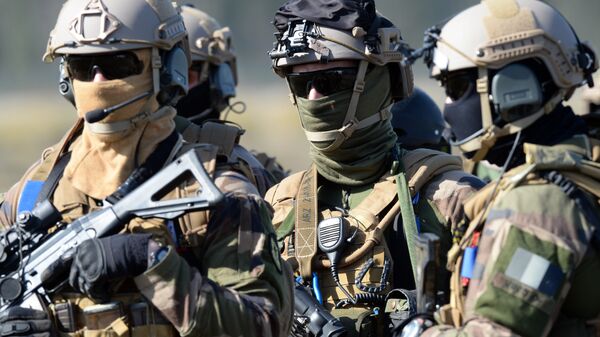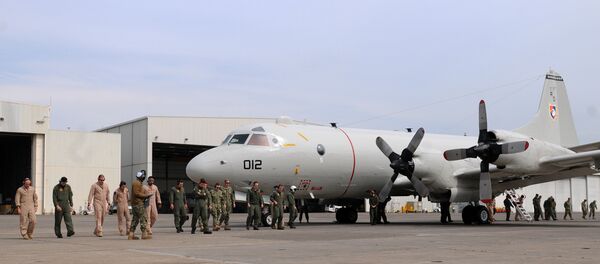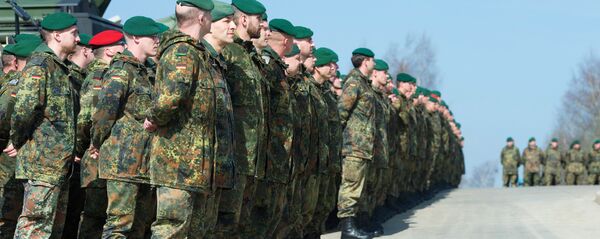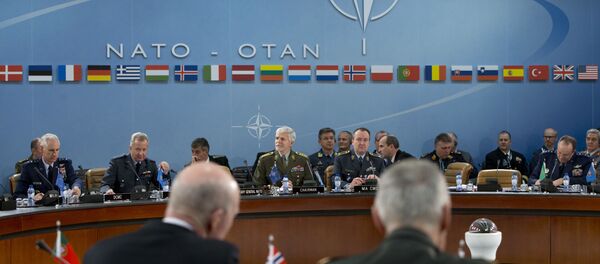Their proposal includes a permanent EU military headquarters with rotating leadership, joint reconnaissance missions and an EU military academy, German newspaper Suddeutsche Zeitung reported.
A source at the EU Commission told Russian newspaper Izvestiya on Tuesday that by 2018, Brussels wants to "determine (the army's) priorities, identify threats and also agree on what actions should be taken and what is considered acceptable in the use of military force."
Colonel Dalmau, a representative of the EU's European corps military force, told Izvestiya that the impact of Brexit has given renewed impetus to the EU's plans to form a joint military force.
"In Europe they have been talking about creating a joint army for a long time, and this issue has returned to the agenda after Brexit. Of course, we can't take these kinds of decisions ourselves."
Dalmau said that the Strasbourg-based Eurocorps could take on a greater role in EU defense, but would need orders from EU politicians to do so.
"The Eurocorps is a military structure under the control of politicians, the Joint Committee of Foreign Ministers from five countries: Germany, France, Belgium, Luxembourg and Spain. We are not an EU body, but if the Joint Committee takes that political decision then the Eurocorps will be reformed."
"A European Army is not remotely on the cards. We have a veto, we'll never join one, nor allow anything that undermines NATO," then UK Foreign Secretary Philip Hammond said, a month before Brexit.
However, the UK's exit from the bloc has led EU leaders to renew their calls for closer military cooperation. Last week EU foreign affairs chief Federica Mogherini told Italian newspaper La Repubblica that Brussels now has a chance to implement the idea.
"For the first time since the failure of the European Defence Community in 1954, I believe a window of opportunity has been opened to give life to a European defence," she said, proposing that the EU set up a military headquarters in Brussels that would manage future military interventions.
Shortly after the Brexit vote on June 23, the Foreign Ministers of France and Germany presented Eastern European EU members with a plan for an EU superstate in the aftermath of Brexit.
At a meeting with the Visegrad countries (Czech Republic, Hungary, Poland and Slovakia), France and Germany suggested a common European security and defense policy, dealing with all aspects of security and defense at the European level, which they called a "European Security Compact."
The Eurocorps is the closest thing to an "EU army," with approximately 1,000 soldiers stationed in Strasbourg. France, Germany, Belgium, Spain and Luxembourg have been "Framework Nations" since the 1990s, while Poland, Greece, Italy and Turkey currently have the status of "Associated Nations" in the organization.
Soldiers from the Eurocorps have been deployed in foreign missions in Bosnia-Herzegovina in 1998, in Kosovo in 2002, and also served several stints in Afghanistan.





